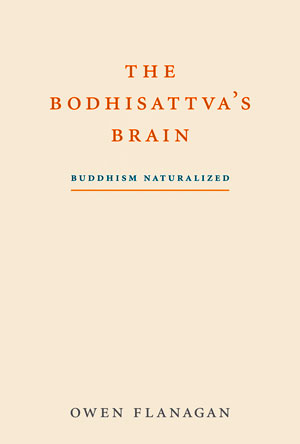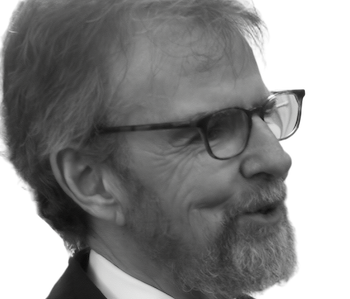Many secular humanists are attracted to Buddhism because there is no creator God and thus it seems “spiritual but not religious.” In addition, there is much hype about the good effects of Buddhist meditation on mood, health, and well-being. I set myself the task of asking first, whether the beliefs of classical Buddhism, karma, rebirth, and immaterialism about mind are optional. Could one be a Buddhist if one subtracts the beliefs in karma and rebirth? Second, I asked whether there is in fact any good evidence about the claims that Buddhists are happier than most other people, Catholics, atheists, Confucians.The first half of the book is devoted to the question of whether and how one might study happiness. Is happiness something in-the-head that can be assessed by fMRI? Does Buddhism promise happiness? If so, what kind? The second half of the book takes up the question of what Buddhism would look like if one subtracted the hocus pocus about karma and rebirth. Can there be such a thing? This is “Buddhism Naturalized.”



